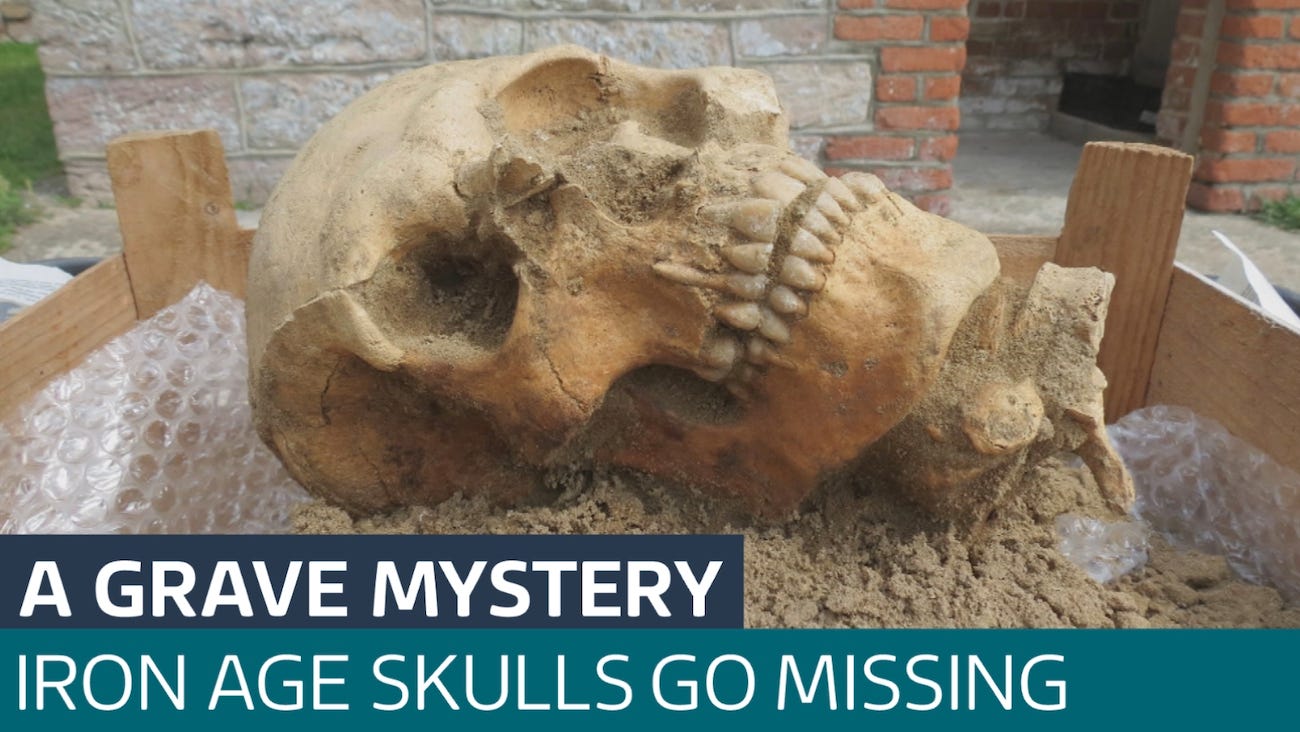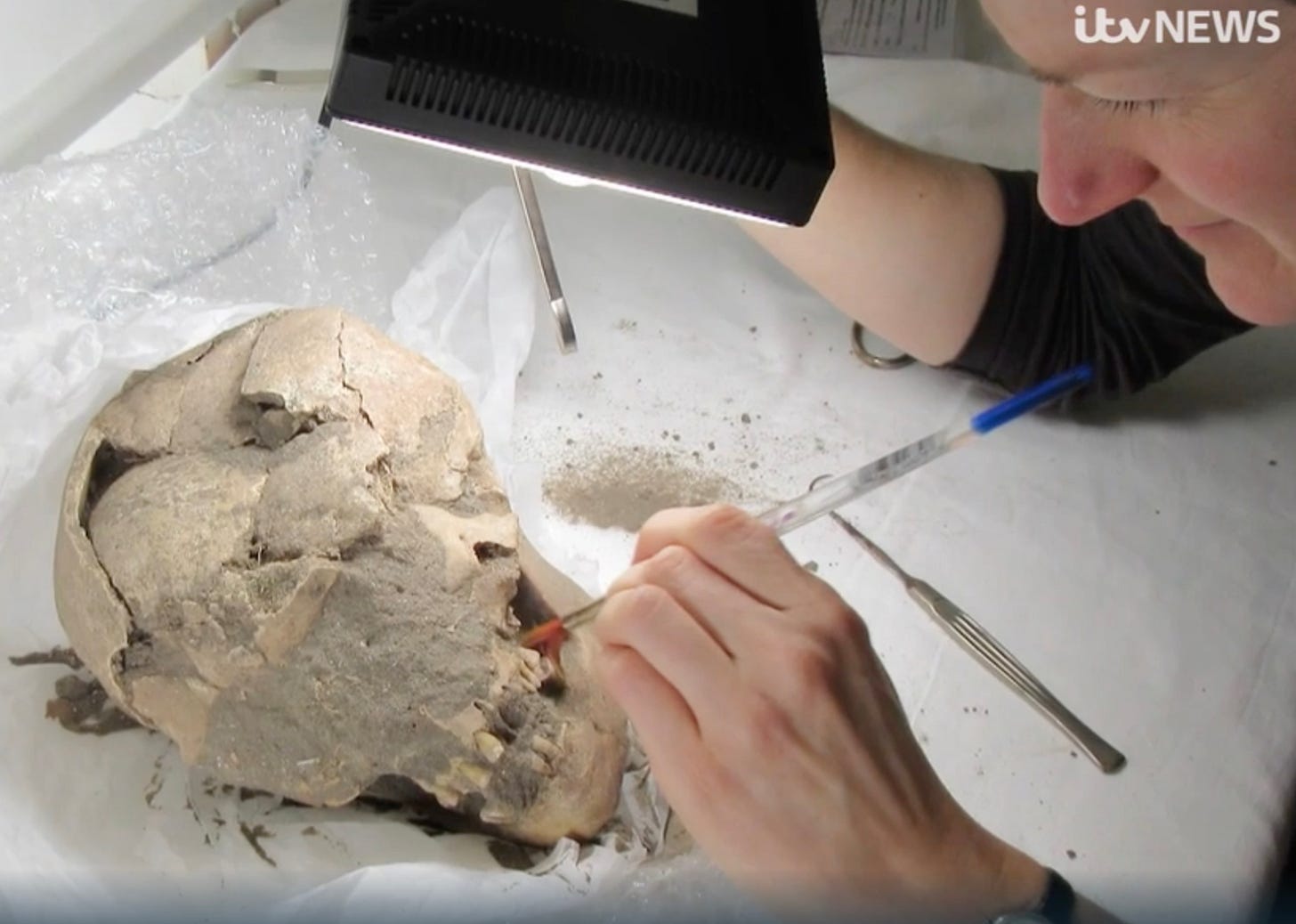Scarrow nails it
Just a few months after his most recent visit to the island where I live, I’ve finally read Simon Scarrow’s latest, A Death in Berlin.
Here’s a German policeman walking the tightrope of doing an exceptional crime-fighting job in 1940 Berlin while the Nazis do everything he opposes, both internationally and domestically.
The timing is perfect. While the novel is superbly crafted and handles the issues head-on, building slow-burn tension to a dramatic finale, it is the writing in Scarrow’s historical endnote that demands as wide an audience as possible.
Especially today.
You’ll see why in this lifted quote from the author’s notes – for ‘Nazi’, substitute MAGA and you’ll get the picture:
“The Nazi party liked to present itself as morally robust, demanding the highest standards of discipline and virtue from its members, while decrying the integrity of its political opponents and victims in the most robust terms. In reality, the Nazis were venal and violent, with scant regard for the rule of law, and their cult-like status allowed their followers to excuse them of crimes large and small.”
Donald Trump won’t read it, of course, but here’s hoping many, many Americans do, not to mention people in European nations courting far-right ideologies including, sadly, the UK.
Scarrow was in Alderney – the only British territory on which the Nazis built a concentration camp – as part of his tour to launch the book, the third in the Criminal Inspector Schenke thriller series, paying tribute at the island’s Literary Festival for sparking his enthusiasm for this and other literary adventures.
“I was raised on Enid Blyton and the Kirrin Island stories came flooding back when I discovered there was such a magical place as Alderney,” he said of his first visit to the island in 2015, when he helped launch the Literary Festival. “It was like a door opening with its breathtaking nature and history.”
Alderney was the inspiration for his Investigator Schenke series. On that first visit, he did the tour of wartime sites and wondered what it would take for a Berlin policeman to be sent from Nazi Germany to occupied Alderney to investigate a serial killer.
He told the festival audience: “To be sent here, they would either have done something bad in the eyes of the regime or just be incompetent.” That brought knowing amusement from islanders in the room. Anthony Horowitz had similar thoughts when he wrote A Line to Kill after visiting Alderney a few years ago.
There’s another reason why A Death In Berlin appealed to me. You see, the first two books in my new series are now at final edit stage with the third nearing first draft – a 1st Century BCE story seen through the eyes of a Gaul who technically works for an ally of Caesar, but increasingly he and his boss find themselves drawn to Celtic resistance.
Caesar’s legions swept through Gaul, committing crimes including genocide, from 58 BCE until his Rubicon-crossing power-grab against Rome nine years later. From 56 BCE, he had designs on Britain and twice crossed the English Channel in attempts to subdue yet more tribes and plunder their resources for his own enrichment, albeit ‘in the name of Rome’.
Hitler never crossed that narrow strip of water thanks to the Allies and dedicated resistance groups. Not so fortunate were Poland, Denmark, Norway, Luxembourg, Belgium, the Netherlands, France, Yugoslavia, Greece, the Soviet Union – and the Channel Islands, including Alderney.
Trump has voiced similar designs on neighbouring countries and has shown scant support for Ukraine in the face of Russian aggression. I was going to say, we live in a different world today, but clearly we don’t.
As Winston Churchill said, "Those who fail to learn from history are doomed to repeat it." In this respect, Scarrow’s fiction is a superb teacher.
Dude, where’s my head?
The other day I saw a report on ITV’s Channel news programme about three missing Iron Age skulls found on Alderney in 2019. They and most of their bodies’ bones had been on display in our amazing museum since their discovery, complete with bronze jewellery indicating an important ancient burial site.
But now they had gone missing, and reporters and local archaeologists scratched their heads over – cue drumroll – The Mystery of the Missing Heads. Could this be another story for Scarrow and Horowitz?
It turns out no one asked the museum’s curator. A Facebook post the next day calmly announced they had been transferred to air-conditioned storage during a long, hot summer.
I mention this because, since that discovery, I have been privileged to work on occasions with the Dig Alderney team in the same area where the bodies were found. It was here that inspiration for the new series found a home in my ever-eager writer’s mind.
You see, one day we will confirm that Alderney was home to a thriving Iron Age settlement that caught the attention of Caesar himself. I have used much of what I have learned while on my hands and knees with trowel, or just chatting with archaeologists and volunteers, for the new series.
I’m itching to tell you more. But I should wait for the publisher to give me a launch date for Book One. Please be patient!





Excellent post, Alistair! Scarrow’s Berlin novels are automatic buys for me. His character, CI Horst Schenke is truly iconic. Thanks for sharing the Alderney connection. Meanwhile, I’m looking forward to your new series.
Eloquent, Sir Jasp, comme toujours!